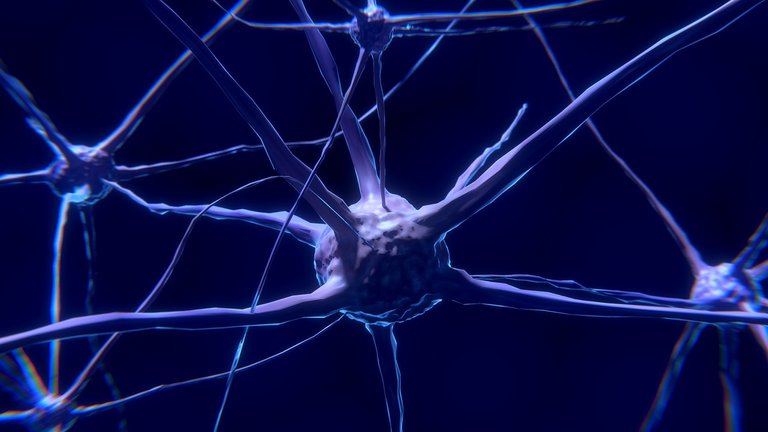The Paradox of Memory: Making Room for the New by Letting Go of the Old
You must have heard the phrase "the more you see, the less you know". Well, the is true with science but so many of us do not see it that way. The reality is that as we grow older, we do not remember things that happen in the first few years of our lives, while the little ones that we can still point to are becoming fuzzy. But while you cannot remember these events, you are surely going to be making new memories.
You might want to ask questions like "what if I do not make new memories" well, the answer is you are suffering from dementia and should get checked up but if you are like every other person who can make new memories, then studies have shown that it comes with a cost as new memories replace old ones.
The brain keeps cycling new cells into its embodiment of neurons and keep making new connections regularly especially in the Dentate Gyrus of the Hippocampus. In the area, new memory cells are made daily and the brain keeps making this cells but then this cells do not add to the older ones, rather they refresh them in a way like replacing them but then they keep making new connections with one another.
In the brain, the Axons of a cell reaches out to other cells and when people do things that are associated to the concepts of their minds, the more stronger the connection between the brain cells are. Making our experiences to become memories that are stronger. The cells that hold the memories strengthens their connections each time the physical event or the memory is repeated.
New cells come in when there are new memories, activities or thoughts, forming new connection changing the network of connections that were present before the new cells were added. This new cells might degrade or breakdown old connections, or make it difficult to access. Researchers believe that by bringing in new memories, the influence of older cells are decreased.
We make memories of everything but only keep portion of them, so if you are talking and you cannot remember everything you saw or did, do not beat yourself up because you did not keep all the memories. The amount of memories you keep or dispose depends on the number of memory cells. Experiment on non-human mammals (mice) showed that an increase in the number of new cells in the hippocampus was associated with forgetting more things.
As we navigate through the intricate landscape of our memories, it's evident that the process of remembering is as much about forgetting as it is about retaining. The hippocampus, our memory's maestro, continuously orchestrates the birth of new cells while subtly letting older ones fade, allowing us to adapt and thrive in an ever-changing world.
Our inability to recall every detail of our past, then, isn't a failure but a natural consequence of our brain's prioritization system. This system ensures that while we might not remember every leaf we've seen, every step we've taken, or every word we've heard, we retain the essence of our experiences, the lessons learned, the emotions felt, and the wisdom gained.
In essence, the act of forgetting is not just an inevitable part of being human; it's a necessary one. It allows us to live in the present, to embrace new experiences, and to continue growing. So, the next time you find yourself struggling to recall a distant memory, remember that it's just your brain's way of making room for new ones – each memory a stepping stone in the ever-evolving journey of life.
Post Reference
https://www.cell.com/cell/fulltext/S0092-8674(19)30159-X
https://www.nature.com/articles/npp2015243
https://www.cell.com/neuron
https://jflab.ca/pdfs/Akers-et-al-2014.pdf
https://www.sciencedirect.com/science/article/abs/pii/S0010027712001382?via%3Dihub
https://www.ninds.nih.gov/health-information/public-education/brain-basics/brain-basics-life-and-death-neuron
https://kids.frontiersin.org/articles/10.3389/frym.2016.00005


Memories are made every time and new ones replace old ones in our brain as a result of neurons creating new link overriding old ones
Thanks for your contribution to the STEMsocial community. Feel free to join us on discord to get to know the rest of us!
Please consider delegating to the @stemsocial account (85% of the curation rewards are returned).
Thanks for including @stemsocial as a beneficiary, which gives you stronger support.